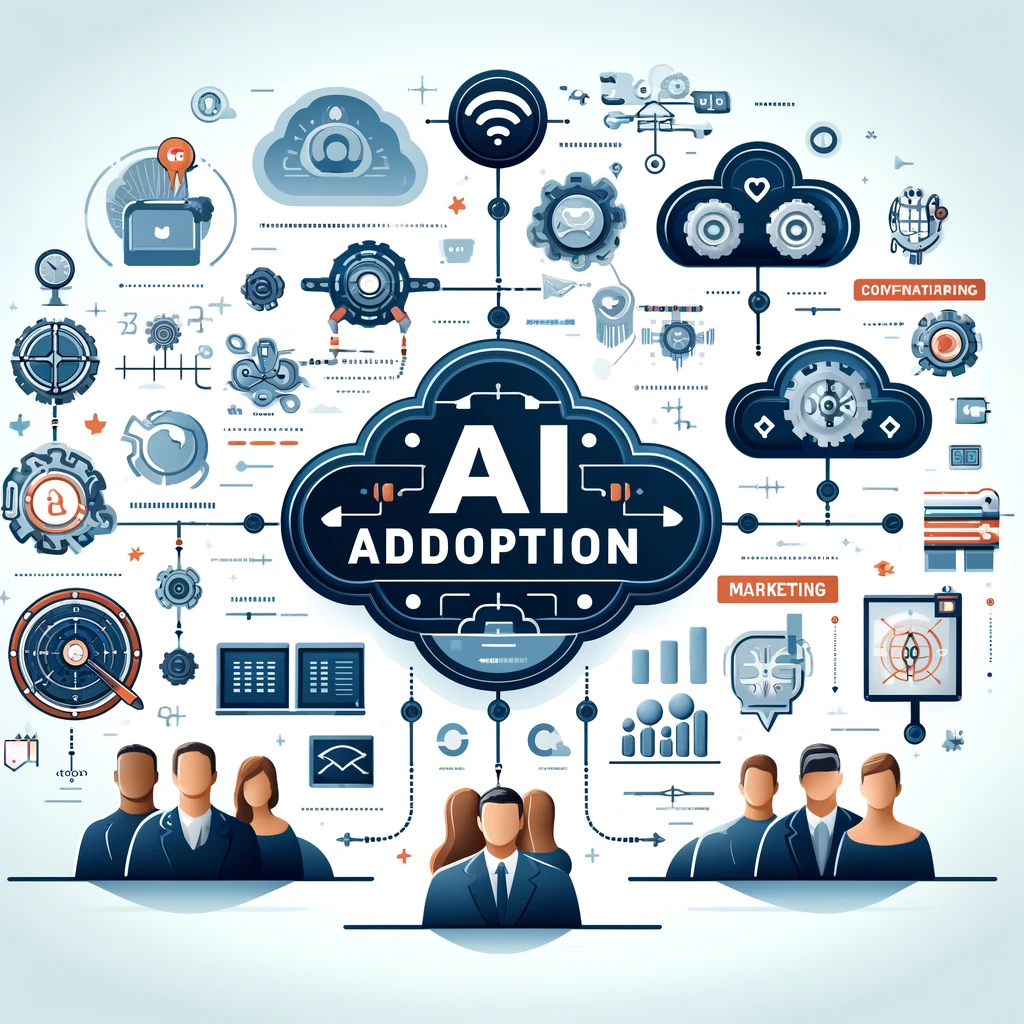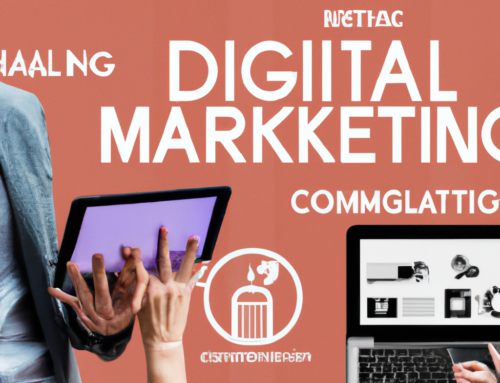In today’s rapidly evolving digital landscape, the integration of Artificial Intelligence (AI) into marketing strategies is not just an option but a necessity for maintaining competitive advantage. For corporate marketing executives, particularly those at the helm of sizable teams, developing an AI adoption roadmap is crucial to navigating this transition. An AI audit offers a structured approach to identify current capabilities, pinpoint gaps, and guide the strategic integration of AI technologies. Here’s how marketing teams can build and execute an effective AI adoption roadmap, with insights from AdTech Hub.
The Importance of an AI Audit in Developing a Roadmap
An AI audit serves as the foundational first step in the AI adoption roadmap. It assesses the current state of your marketing technologies, data readiness, team skills, and existing workflows. This comprehensive evaluation helps identify the most beneficial AI applications for your specific marketing objectives and highlights areas that require enhancement or transformation.
Key Components of an AI Audit:
- Technology Assessment: Evaluates the existing marketing technology stack to determine compatibility with AI tools.
- Data Evaluation: Assesses the quality, accessibility, and structure of data collected, which is crucial for training and deploying AI models.
- Skills Analysis: Identifies skill gaps within the marketing team that may hinder AI adoption and suggests necessary training or hiring.
- Workflow Review: Analyzes current marketing workflows to pinpoint processes that can be optimized or automated using AI.
Step-by-Step Guide to Creating an AI Adoption Roadmap
1. Define Clear Objectives
Before diving into AI, define what you hope to achieve with its integration. Are you looking to enhance customer personalization, improve predictive analytics, or automate routine tasks? Setting clear, measurable goals guides the focus of your AI initiatives and ensures alignment with broader business objectives.
2. Conduct a Thorough AI Audit
Utilize the findings from your AI audit to understand your current readiness for AI adoption. This should cover technology, data, skills, and processes. AdTech Hub’s experts can provide an in-depth audit, offering clarity and strategic direction.
3. Prioritize High-Impact Areas
Based on the audit results, prioritize AI applications that offer the highest impact on your marketing goals. This could involve deploying AI-driven customer segmentation, automated content creation, or advanced analytics for campaign optimization.
4. Develop an Implementation Strategy
Create a detailed implementation strategy that includes technology acquisition, team training, system integration, and pilot testing. This strategy should also outline key milestones and timelines for each phase of AI integration.
5. Ensure Continuous Learning and Adaptation
AI is a rapidly advancing field. Establish mechanisms for ongoing learning and system updates to keep pace with new developments and insights. Encourage a culture of innovation where feedback is actively sought and used to refine AI strategies.
6. Measure and Refine
Regularly measure the outcomes of AI initiatives against your predefined objectives. This not only demonstrates the ROI of your AI investments but also identifies areas for improvement. Use these insights to continuously refine your AI strategies.
Developing an AI adoption roadmap with a structured audit approach enables marketing teams to strategically integrate AI technologies that align with their business goals. By methodically assessing and implementing AI, you can transform your marketing operations, achieve significant efficiency gains, and deliver enhanced customer experiences. Ready to harness the full potential of AI in your marketing strategy? Contact AdTech Hub today to schedule your AI audit and start building a roadmap tailored to your organization’s needs. Let us help you navigate the complexities of AI adoption and drive your marketing success to new heights.






